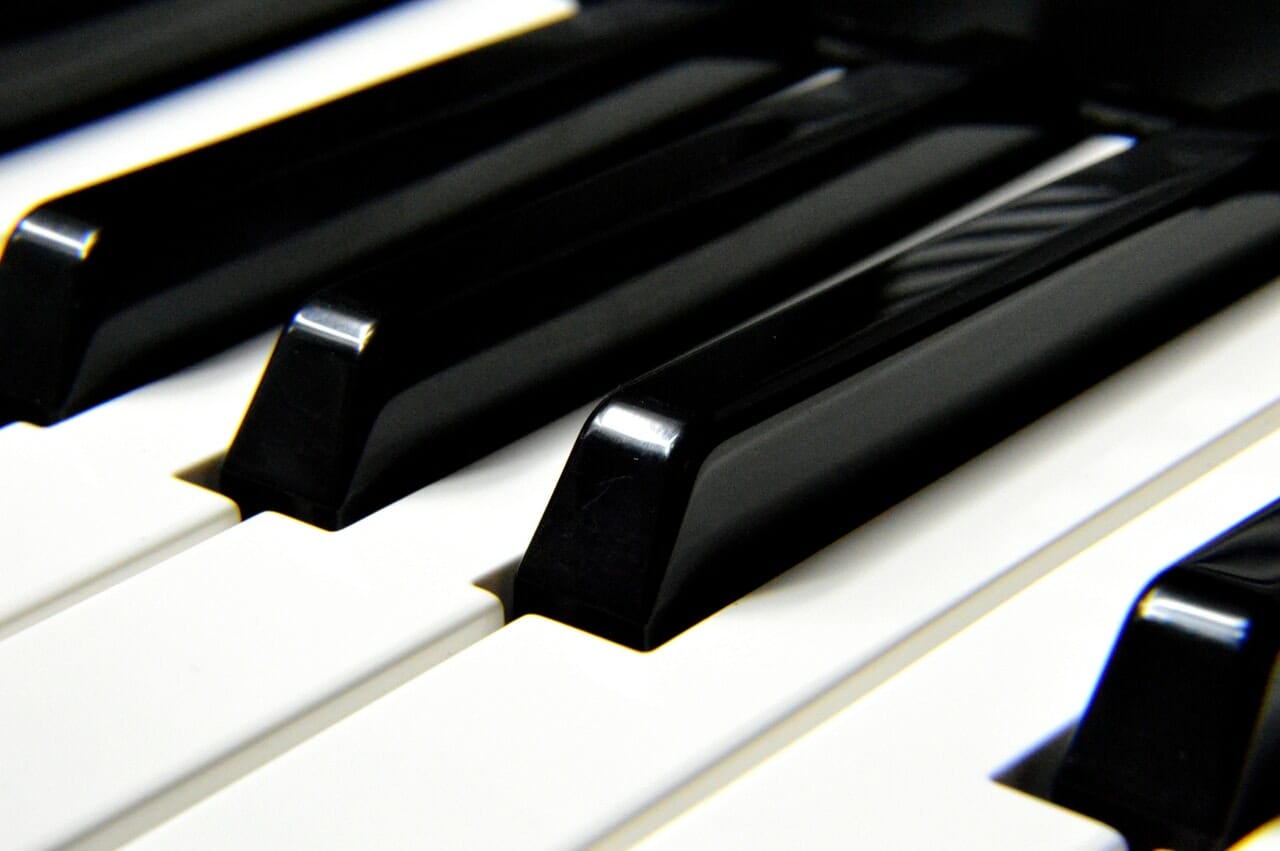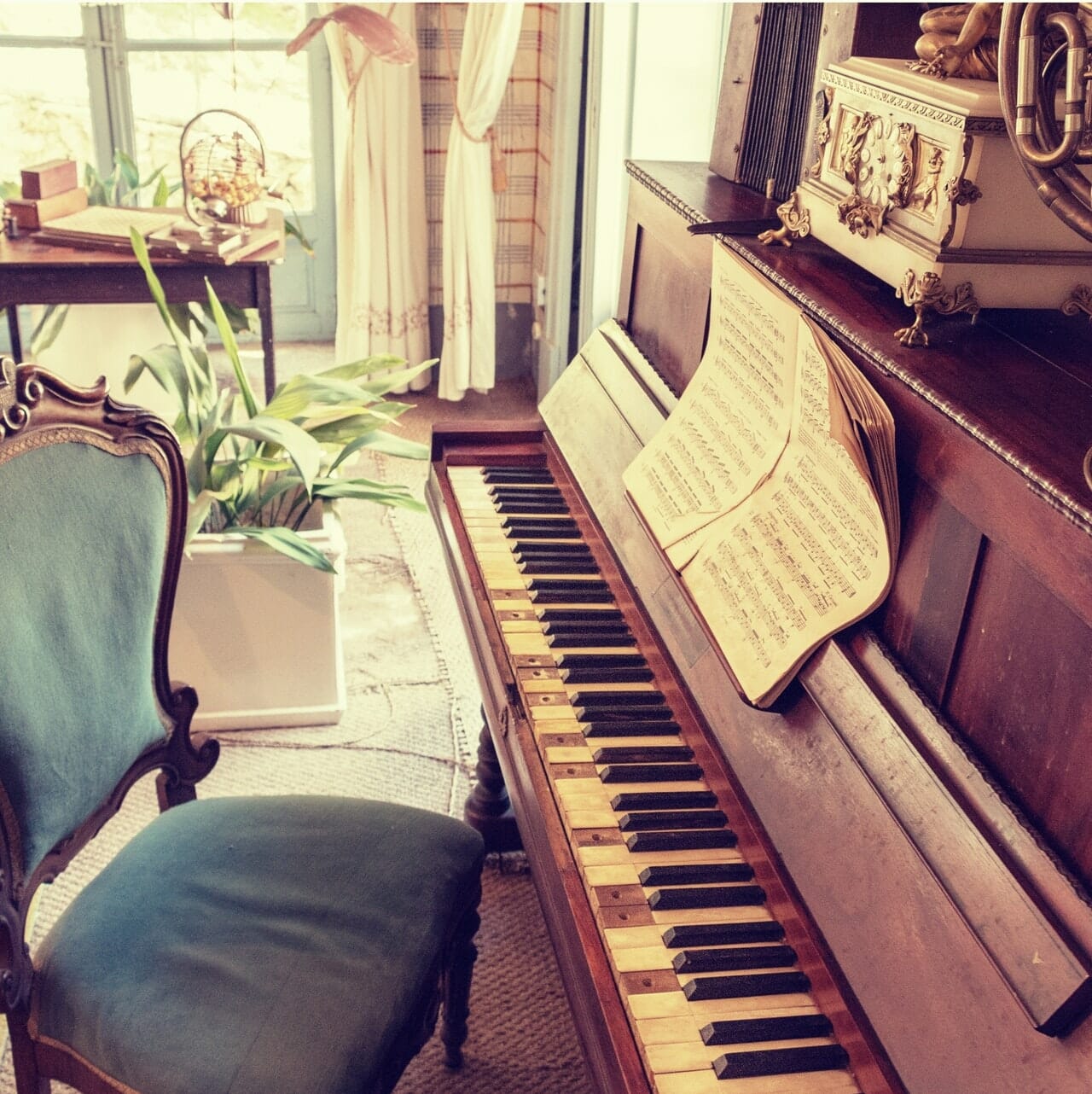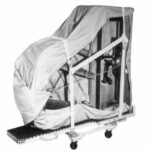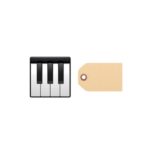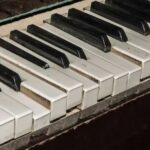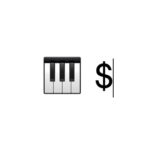Similar to buying a car or a home, buying a new piano should include research before making the investment. At Chicago Piano Tuners, we believe this is one of the best investments you can make and it’s worth exploring if you need a new piano warranty. Let’s discuss the benefits of a new piano warranty, what is covered, and why you might need one.
What Does a New Piano Warranty Cover?
A new piano warranty most often covers the cost of parts and repair for wear and tear that may occur naturally over time. Warranties differ in specifics depending on the distributor or manufacturer, which is why we recommend reviewing the warranty before purchasing the piano.
When reviewing, note anything that stands out to you as unclear, and ask questions. This is your new piano and you deserve to have all the details to make an informed and confident purchase.
Is the Warranty Backed by the Distributor or the Manufacturer?
This is an important detail to consider when deciding whether to invest in a new piano warranty. It is most desirable that your warranty be backed by the manufacturer. Most manufacturers have substantial history and capital ensuring that they will not come on hard times and have to close their doors in the time your piano is covered, which is typically between five to fifteen years.
If however, your warranty is covered by the distributor, you will want to be more cautious. Consider that this piano distributor is new to the business and may not have an established successful history. It is hard to determine if they will be financially secure or still in business, should the time come you need to cash in on the warranty.
Full versus Limited Piano Warranty
The Magnuson-Moss Warranty Act mandates that a new piano warranty be either full or limited. A limited warranty will only cover the original purchaser, as where a full warranty will cover the piano for its entire warranty term, no matter the owner. Should you choose to sell the piano before the warranty has expired, being able to inform potential buyers that the piano is covered by warranty, ideally backed by the manufacturer, this will ultimately increase the value of the piano.
At Chicago Piano Tuners want your piano-buying experience to be as stress free as possible, and hope this information equips you with the knowledge necessary to make a confident new piano purchase! Should you have questions, we are happy to assist the piano loving community in any way we can. Remember when you have brought that magnificent new piano home, we are here for all your piano tuning needs!

